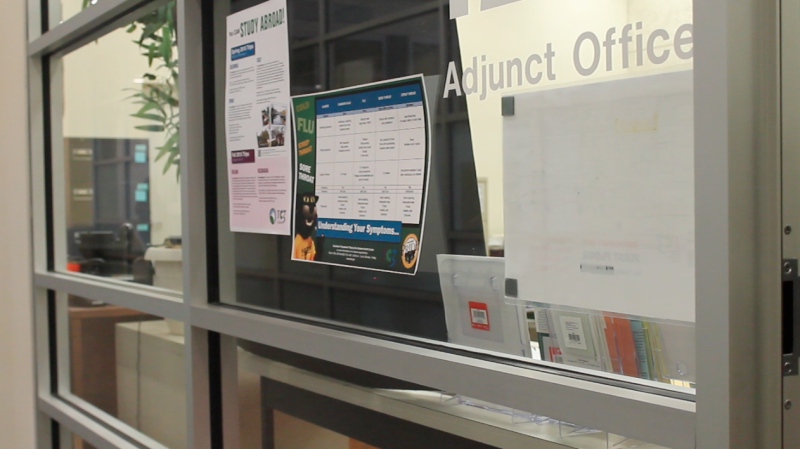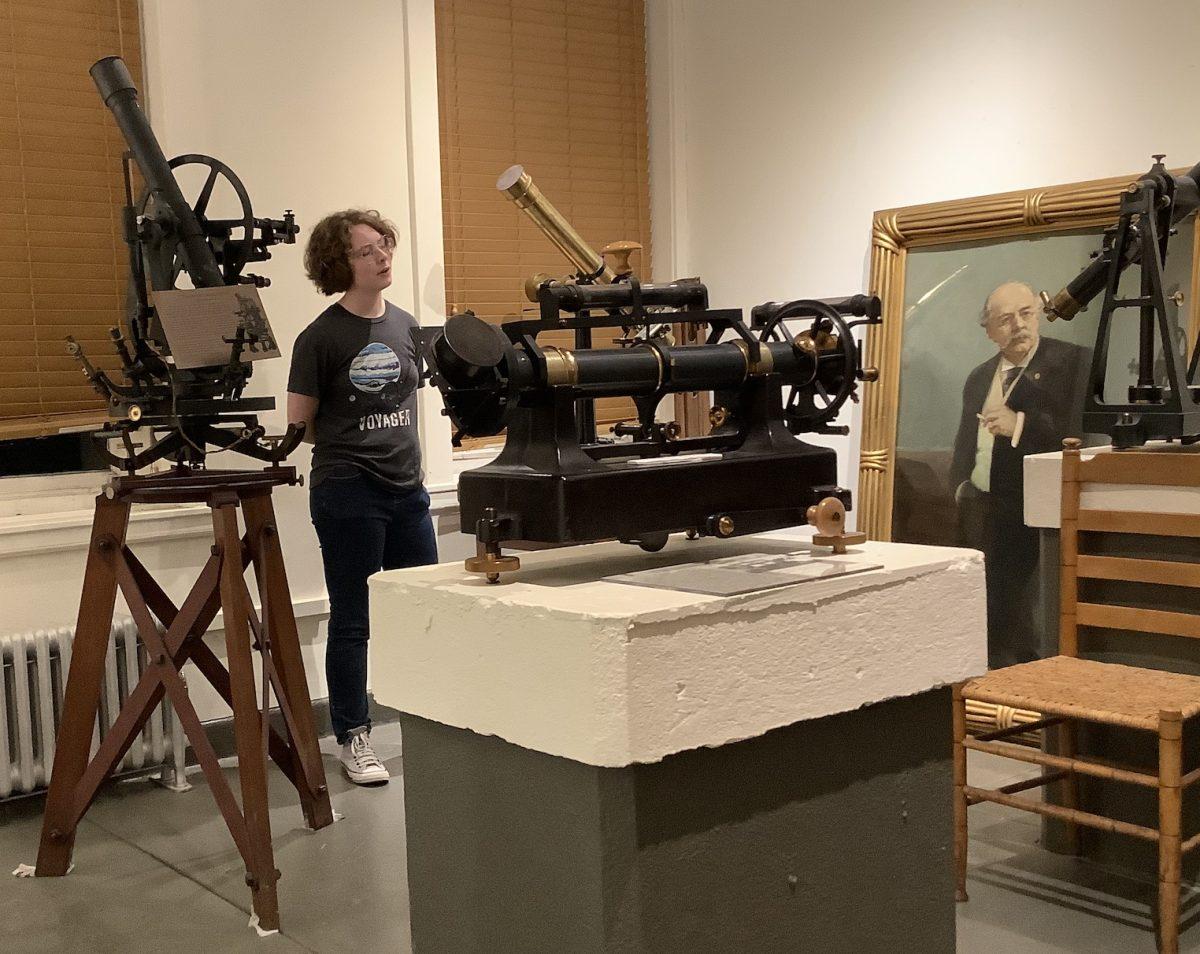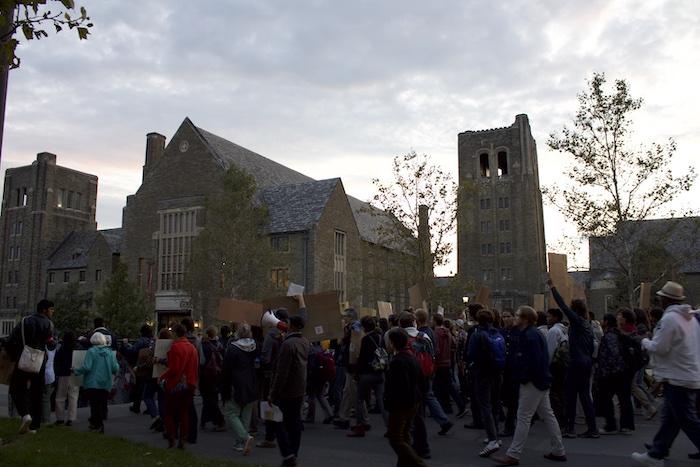Adjunct instructors at TC3 sent a letter on Oct. 22 to president, Carl Haynes, informing him of their desire to form a union. President Haynes was not available to comment before this issue was published.
There are many issues TC3 adjuncts hope unionization will solve. These issues include underpayment, job insecurity, and lack of benefits and recognition at the university, according to Weatherby, an English adjunct instructor at TC3.
Many adjuncts at TC3 rely on additional jobs outside of their work at the college to support their income. Nancy Crane, a foreign language instructor, said low wages and job insecurity causes additional stress for adjuncts. She described the little notice adjuncts receive for class enrollment and cancellations.
“Many times throughout the years I’ve had classes cancelled,” Crane said. “I don’t know if I can count on them or not, which is really stressful.”
There are several differences between part-time and full-time workers, who are apart of a union, at TC3. Robert Chapman, a political science adjunct, said part-time workers don’t have the authorization within the administration to counsel or advise students compared to full-time workers. He pointed out that full-time workers have predictable teaching loads and a stronger voice in college policy.
“Adjuncts are overworked, overbooked, we have to, because we get paid so little money,” Weatherby said. “This impacts adjuncts by adding more stress to their lives, making them overworked, and it affects their personal and family life as well, but we don’t dare turn down any work, we have to keep taking it.”
A stronger voice within the college community was one of the many negotiations he supports.
“We would like to be able to vote on curriculum and faculty matters that affect us,” Weatherby said. “Many times we’re not even invited to the faculty meetings even though we teach the majority of the classes and outnumber the full-time faculty.”
While many adjunct workers are passionate about the unionization of part-time instructors, others like Chapman remain ambivalent.
“There are associations that I’ve observed that have developed a lot of enmity and conflict between the public managers and the public workforce,” he said. “I’d like to see more formalized channels for consultation, professional development and health insurance.”
Although there are benefits to unionizing, some adjuncts fear its potential consequences, which Crane said is one of the reasons some adjuncts have chosen to not publicly support the union.
“A lot of people are afraid to [support the union] because they think there might be retaliation,” said Crane. “But I figured if there are other unions in the college, it shouldn’t be that big of a deal.”
An adjunct who preferred to remain unnamed listed potential downsides to unionization including layoffs, larger class sizes, and faculty who don’t benefit from the union but will have to pay union dues. He also described the effect the union could have on the school budget.
“One of my concerns is that education is a business with a limited amount of money,” he said. “If you’re looking for higher salaries, where are they going to get the money from? I think it could have devastating consequences on all of us as adjuncts. If they give a few of us higher salaries, they might have to cut others.”
Though some of the changes adjuncts are requesting are costly, Weatherby said adjuncts are looking for more than just money compensation. He said there are things TC3 can do at no cost including recognizing seniority and offering job security.
“Of course, addressing the issue of salary will cost money, there’s no questions about it,” Weatherby said. “A lot of it is about dignity, we are not just part-time teachers, we are professionals and we deserve to be treated as such.”






